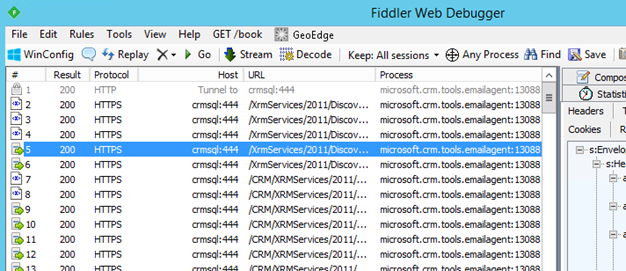Proxies and Web Filtering Issues
For customers who choose to host MEX on their own companies’ servers, this can sometimes cause problems with other services that are also being utilised on these servers. One of the most common issues for any web application is that a lot of proxies and filter services can aggressively cache web responses to try to help increase performance for end-users.
However, this can cause issues with the unintended side effects with not only MEX, but many other web-based applications that may be hosted on your servers. For example, this can lead to issues with creating or closing work orders, viewing specific pages, or even updating information across MEX. This can lead to confused or irritated users who do not know what is going wrong, and even more confused support staff as it leads to no errors actually occurring to diagnose for a fix.
Simply clearing the cache and cookies on local machines will not solve this either, or even flushing the DNS cache at various levels.
Common examples of programs or services that can cause these issues are Sophos, Symantec, Kerio, Cyberoam and Untangle. However, there are many more services, with many anti-virus protection programs also offering this service.
How to Identify
Unless you personally know you have some form of web filtering or proxy service enabled, it can be very difficult to identify. Initial steps would be to ask your relevant IT staff whether they have one enabled on their server for various performance or security reasons. However, not all staff know every service running or its exact function.
Programs such as Fiddler or WireShark exist to scan network traffic and allow you to examine the headers of information being sent. If you can find mentions to specific programs that have web filtering or proxy services in the request headers sent by the MEX web-application, then you can be certain this is affecting MEX.

An example of Fiddler being used to analyse network traffic
How to Solve
The primary way to solve this issue is to ensure that the web filtering or proxy service identified is whitelisting (allowing) MEX to continue unhindered by the specific service causing this issue. The ultimate step is disabling this service on the server or local machines where it is running.
To confirm if it has been properly disabled and is no longer affecting MEX, you can once again look through the request headers to ensure that no information requests sent by MEX are being affected by these services.
MEX Assistance
If you have any questions please don’t hesitate to contact MEX support on 07 3398 4777 or email support@mex.com.au.
For more information about September’s MEX 15 release, click the link below